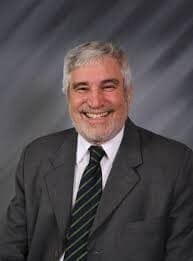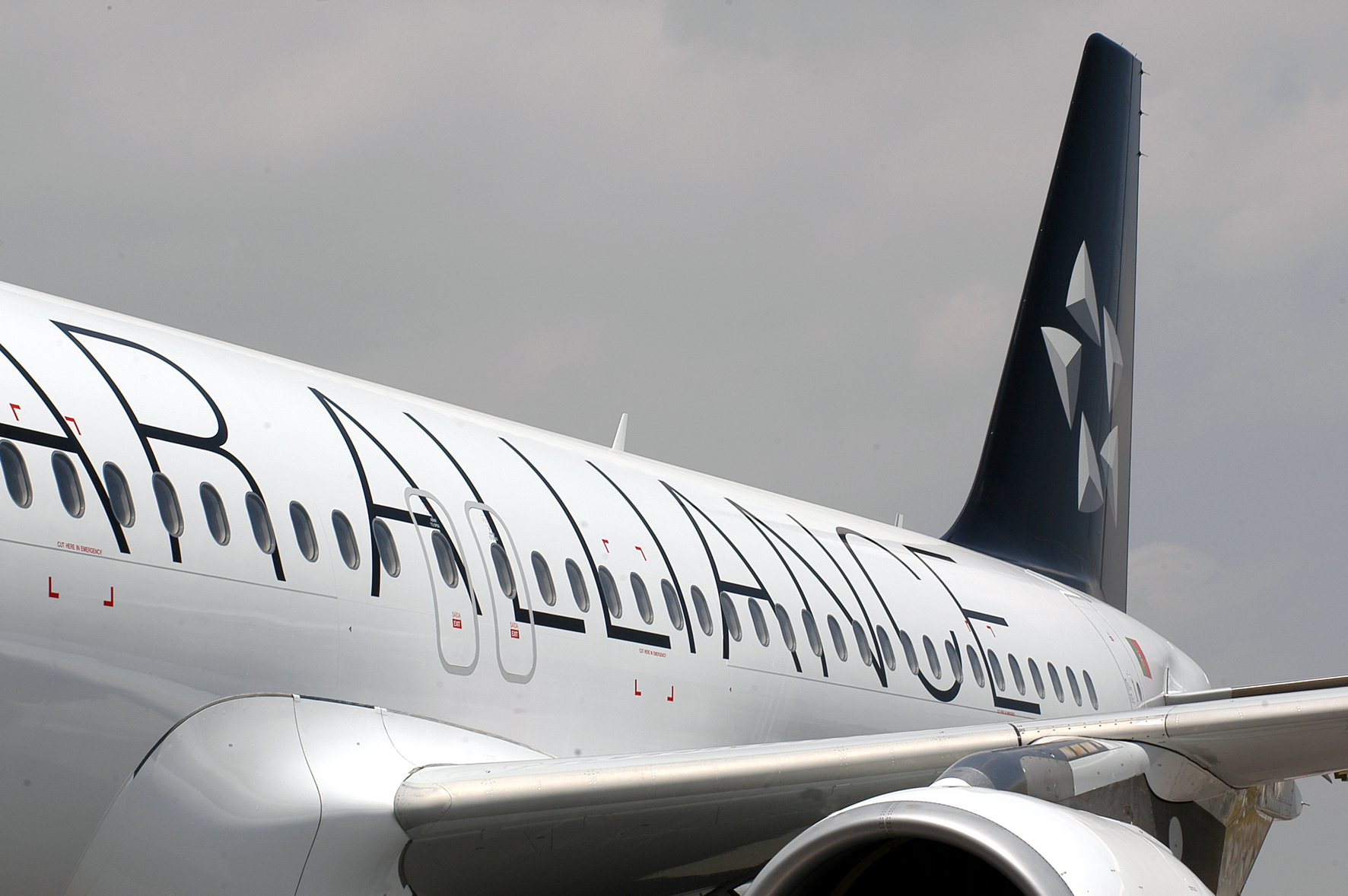In today’s very politically and economically unstable world the tourism and hospitality industries have no choice but to be sensitive to the needs of security and safety (S&S), and to emphasize public health requirements. Despite this needed emphasis on Covid-19 and the universal pandemic, other classical issues of tourism security and safety still exist and should not be ignored. Security and safety professionals continuously reexamine these issues and are constantly seeking new ways to assure that the public is safe during its travel experience. Each security incident makes the travel industry’s many components ever more sensitive to the fact that every S&S decision is not only a security decision but also a business decision.
The following ideas are meant to stimulate creative thought among those who work in the travel industry. These comments and suggestions are NOT specific for any one particular locale or business nor are they an exhaustive list of problems or solutions. Tourism Tidbits strongly suggests that any and all decisions should be made for a particular business only after speaking with a tourism security expert and in conjunction with other professional such as a business’ lawyer and local law enforcement officers.
In this month’s issue of Tidbits, we present to you some of the ideas that are necessary for a successful and safe tourism industry. There will come a time when the pandemic will end, and questions of tourism safety and security will still be with us. When thinking about security for your place of lodging or tourism business, please consider:
-Knowing and defining a S&S problem(s). All too often tourism and travel professionals are so overwhelmed by issues of S&S that they fail to define which problems are central for their locale or business. What security challenges impact your tourism business: crimes, acts of terrorism or both? Do you need to worry only about what occurs on your own property or in the community at large? Also consider safety issues such as: outbreaks of infectious diseases such as meningitis, ways to protect tourists from legionnaires disease and aids, methods to assure pure food and water. For a tourism industry to prosper, it must create travel possibilities in which the problems such as: diarrhea and typhoid cease to threaten the visitor. Then ask how your hospitality industry and locale deal with natural disasters such as earthquakes and floods, as well as man-made problems such as traffic accidents and equipment failures. Is your business located in an area of high traffic congestion? Does this congestion mean that even a nearby hospital may not be easily reachable? Because the industry is so large and varied there is no one answer that solves every problem. Tourism professionals must define those problems that are most pressing for their own region and/or business and develop methodologies that fit local budgets and culture.
-Identify problems that will impact tourism/travel not only during the pandemic but also into a foreseeable post –pandemic future. Consider how these problems will impact your part of the industry. Not only should current problems be addressed but it behooves the S&S professional to anticipate problems that may not yet have occurred. For example, in a cyber-connected world how will we insure consumer privacy while still maintaining a proper level of safety and security? How do we determine what are acceptable levels of risk or even know what the risks are? Can we develop cross-cultural safety and security standards, and demonstrate the impact of safety and security to administrator’s worried about profitability? To demonstrate the importance of S&S to the bottom-line, S&S professionals will need to demonstrate how safety and security issues impact the traveler’s choice of destination, develop correct and universally accepted measurement standards and be prepared for a range of threats such as: attacks by youth gangs, political conflicts that become acts of violence against the travel and tourism industry, acts of money laundering, internet fraud, and ever-evolving high-tech crimes.
-Determine who has responsibility to protect, inform, and to educate the public. All too often, the travel and tourism industry has simply assumed that S&S is someone else’s responsibility. In reality we will need to address issues such as:
√ Do S&S responsibilities fall only to private enterprise or should governments also be involved?
√ How much victim assistance should hotels provide when an incident occurs?
√ Does the tourism industry have a right to seek assistance from other sources such as governments?
√ Who should define and implement travel and tourism victim assistance?
√ Who will oversee the implementation of these policies?
Regarding tourism safety and security in a post-Covid-19 world the tourism industry will still have concerns such as:
√ How much information is needed by the public about a security situation?
√ How does the industry create a balance between educating the public, working with the media and still not harming the local travel and tourism industry?
The above questions are important research topics in which academics and practitioners alike can develop theoretical models with high levels of utilitarian value; they are also essential questions to answer if the tourism hopes to rebuild itself after its most disastrous economic year.
-Create suggestions and a suggestion bank to address some of the above questions. Be mindful of the fact that a suggestion might not seem valid in one time frame but might become valid in another time frame. Here are a few ideas and suggestions to ponder.
√ How do we train all people working in the travel and tourism in matters of safety and security in a post Covid world?
√ Can the industry be sure that travel and tourism officials understand the risks involved in ignoring these problems?
√ What methods do we use to sensitizing law enforcement agencies to the issues of travel safety and security?
√ Can the tourism industry make tourism/hospitality operators liable for S&S infractions across international borders?
√ After the Covid-19 pandemic can we develop model crisis plans, devising and adopting international signs and pictograms that relate to tourism safety and security?
√, Which were the best industry practices during Covid-19 and how can these practices be adapted to the needs of tourism and travel safety and security once tourism reopens?
√ Can we adapt international standards for the study and implementation of “victim advocacy” programs as used in the travel and hospitality industry from around the world?
Modern science is doing everything possible to find both therapeutics and a vaccine against Covid -19. Once that is accomplished we need to be prepared to rebuild and prelaunch tourism. The challenge to the travel and tourism industry will be to translate these ideas into actions, and to take turn the hope of a safer and more secure tomorrow into a reality.
Dr. Peter Tarlow is head of Safer Tourism and co-chair for the World Tourism Network (WTN)
WHAT TO TAKE AWAY FROM THIS ARTICLE:
- To demonstrate the importance of S&S to the bottom-line, S&S professionals will need to demonstrate how safety and security issues impact the traveler’s choice of destination, develop correct and universally accepted measurement standards and be prepared for a range of threats such as.
- Tourism Tidbits strongly suggests that any and all decisions should be made for a particular business only after speaking with a tourism security expert and in conjunction with other professional such as a business' lawyer and local law enforcement officers.
- In today's very politically and economically unstable world the tourism and hospitality industries have no choice but to be sensitive to the needs of security and safety (S&S), and to emphasize public health requirements.






















